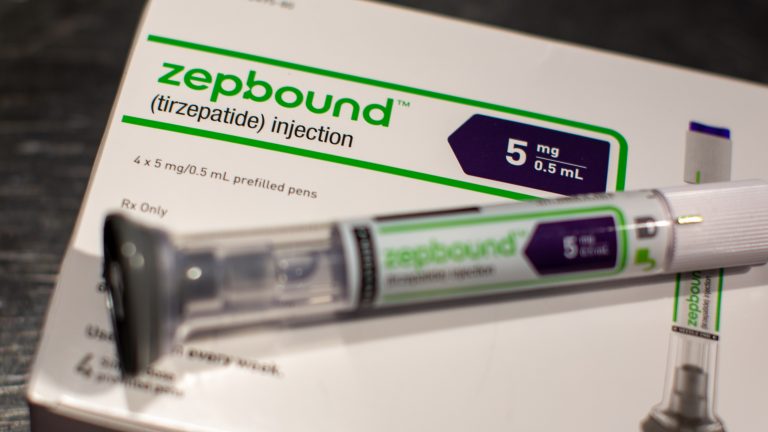Drugmaker shut down after black schmutz found in injectable weight-loss drug
It’s unclear how widely the pharmacy’s drugs were distributed. Fullerton Wellness could not be reached for comment.
Bigger battles
This is just the latest warning on weight-loss drugs from the FDA, which has repeatedly cautioned about quality and safety problems related to compounded versions of the drugs. The compounded drugs are intended to be essentially copycat versions of the blockbuster brand-name drugs. Compounding pharmacies can make copycat versions only as long as the drugs are in short supply, acting as a stopgap for patient access. But, with the popularity of the drugs and the high prices of the brand name versions, compounded formulations have become seen as affordable alternatives for many patients.
The situation has become a legal quagmire, with less-than-scrupulous compounding facilities drawing the ire of the FDA, and the big pharmaceutical companies fighting with their compounding competition. Eli Lilly, maker of Zepbound and Mounjaro (tirzepatide), and Novo Nordisk, maker of Wegovy and Ozempic (semaglutide), have both sued multiple compounding pharmacies over copycat versions of their lucrative drugs, which they claim are unsafe and fraudulent.
Meanwhile, in October, a trade organization for large-scale compounding pharmacies sued the FDA after the regulator removed tirzepatide from the drug shortage list, a move that blocks compounders from making copycat versions of the drug. But, the FDA quickly backpedaled in court, saying it would reconsider the removal and would allow compounders to keep producing off-brand versions in the meantime.
Also in October, Novo Nordisk asked the FDA to stop letting compounders make copycat versions of semaglutide, arguing that the drug is too complex for compounders to make and poses too many safety risks to patients. In response, the trade organization for compounders, the Outsourcing Facilities Association, submitted a letter to the FDA asking it to require Novo Nordisk to provide an economic impact statement to assess the cost and price increases that could occur if semaglutide were no longer available through compounding pharmacies.
Drugmaker shut down after black schmutz found in injectable weight-loss drug Read More »

